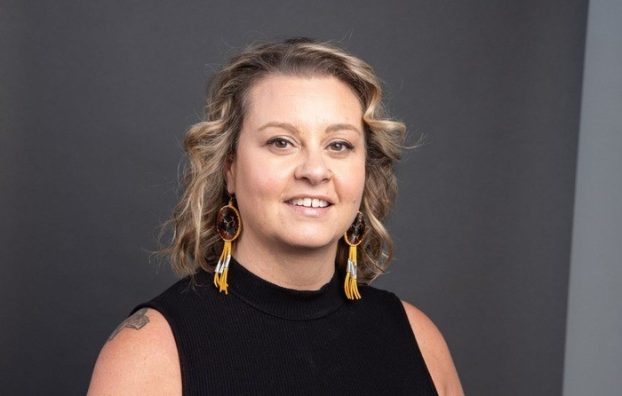Despite strides made in recent years, Canadians feel that media and advertisers still have a lot of work to do when it comes to representing women, according to the latest chapter of a study by McCann Worldgroup Canada.
In“The Imperfect Portrayal of Women,” the third chapter of a five-part series entitled The Truth About Canadian Women, the agency found that 66% of women in Canada continue to feel that advertising contains too many gender stereotypes. For example, only 37% of respondents said they believe ads accurately represent modern mothers, while 57% said that media does not contain enough examples of successful women.
Only three out of 10 women said they can “identify with most of the women they see in ads.”
The study was conducted with Ipsos and included surveying 2,700 men and women and interviews with more than 30 marketers and influential women. The results are being released on a monthly basis, with the full report available on Oct. 11 to mark the International Day of the Girl.
Until recently, according to the report, women have been represented as conforming to one of two stereotypes: as either nurturing or sexy. Those depictions have expanded over the last decade to include things “strong, funny and self-determined” women, the report says, “but full representation has not yet been achieved.”
Interestingly, some of the brands that are leading the charge on female representation are those which, according to McCann, have “worked so hard to establish the norms” – namely, beauty companies. For example, Rihanna’s Fenty Beauty brand has worked on products that cater to women of all skin tones, and L’Oréal Paris has worked to make diversity and inclusiveness a central part of its brand identity through its “I’m Worth It” platform.
But while authenticity and inclusiveness can go a long way, they still “fail to cover the complete story of women,” the report’s authors write. “Achieving a complete portrayal of the woman requires not just portraying the many facets of a target, but broaching subjects formerly left untouched.”
On that front, some brands have begun to tackle what have traditionally been taboo topics, particularly in the area of menstruation. Specifically, McCann points to undergarments brand Knix Wear and feminine hygiene company Thinx, which produce “period-proof” underwear products. Then there’s Clue, a period tracking app that helps women track the patterns of their menstrual cycle, delivering on solutions that meet women’s needs.
McCann plans to use the study to develop customized marketing workshops for clients over the coming months.
The agency previously released a Truth About Canadians survey in 2016, which looked at the values shaping the country in light of recent demographic changes.
Photo courtesy of Knixwear’s Facebook page.
























